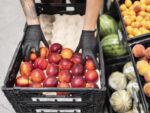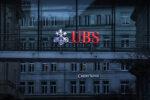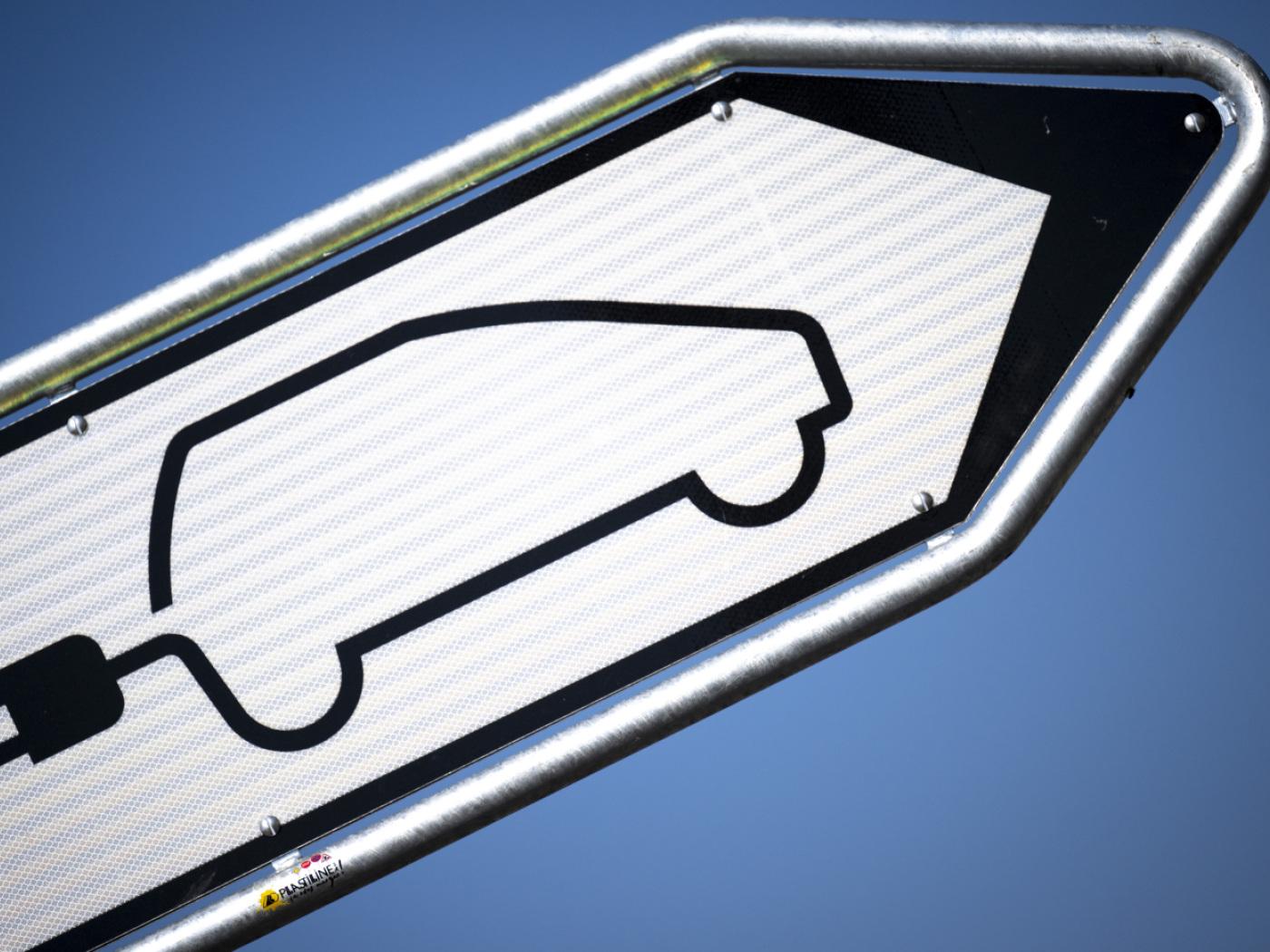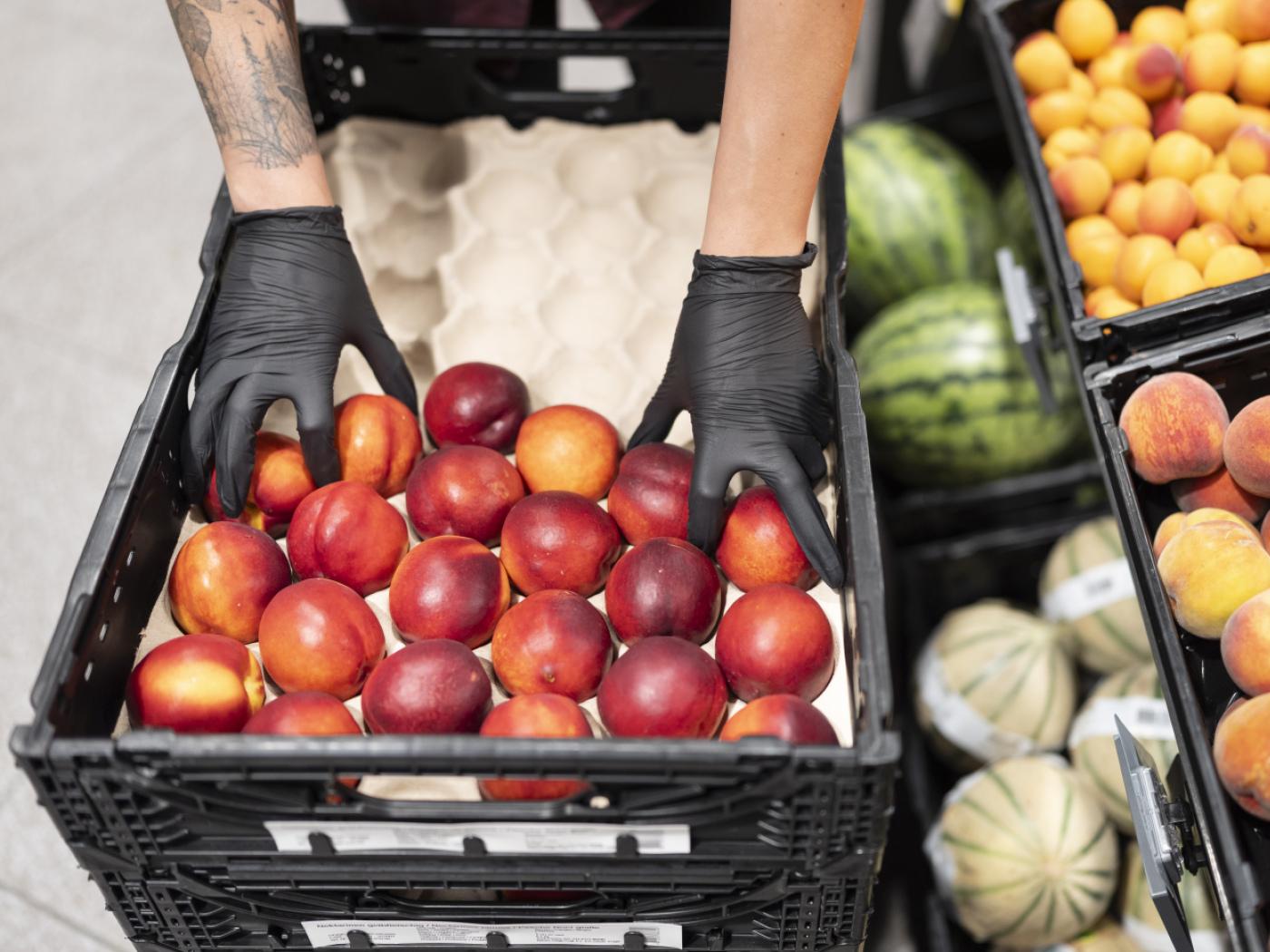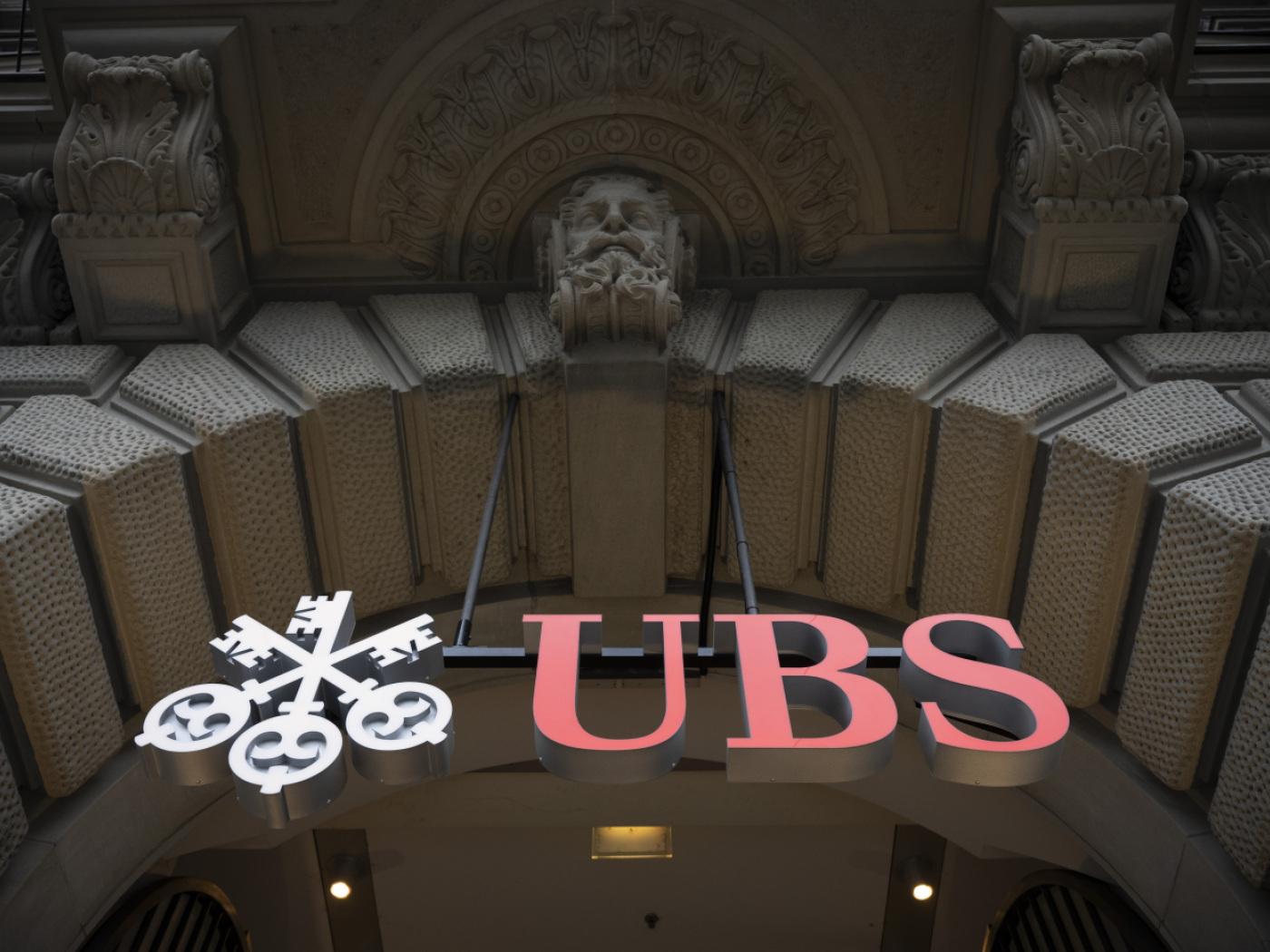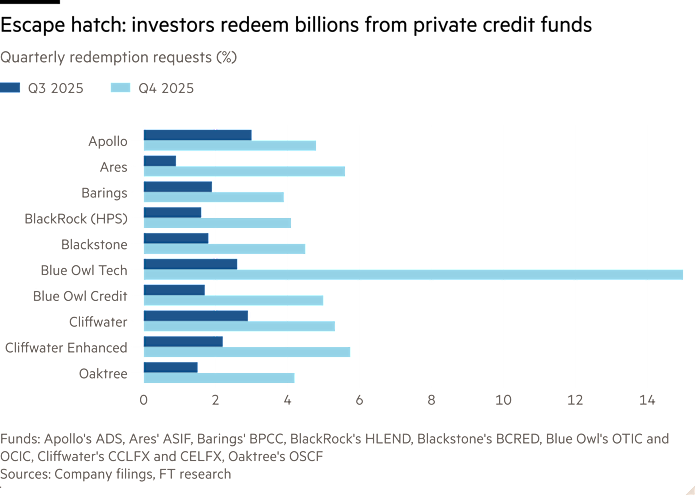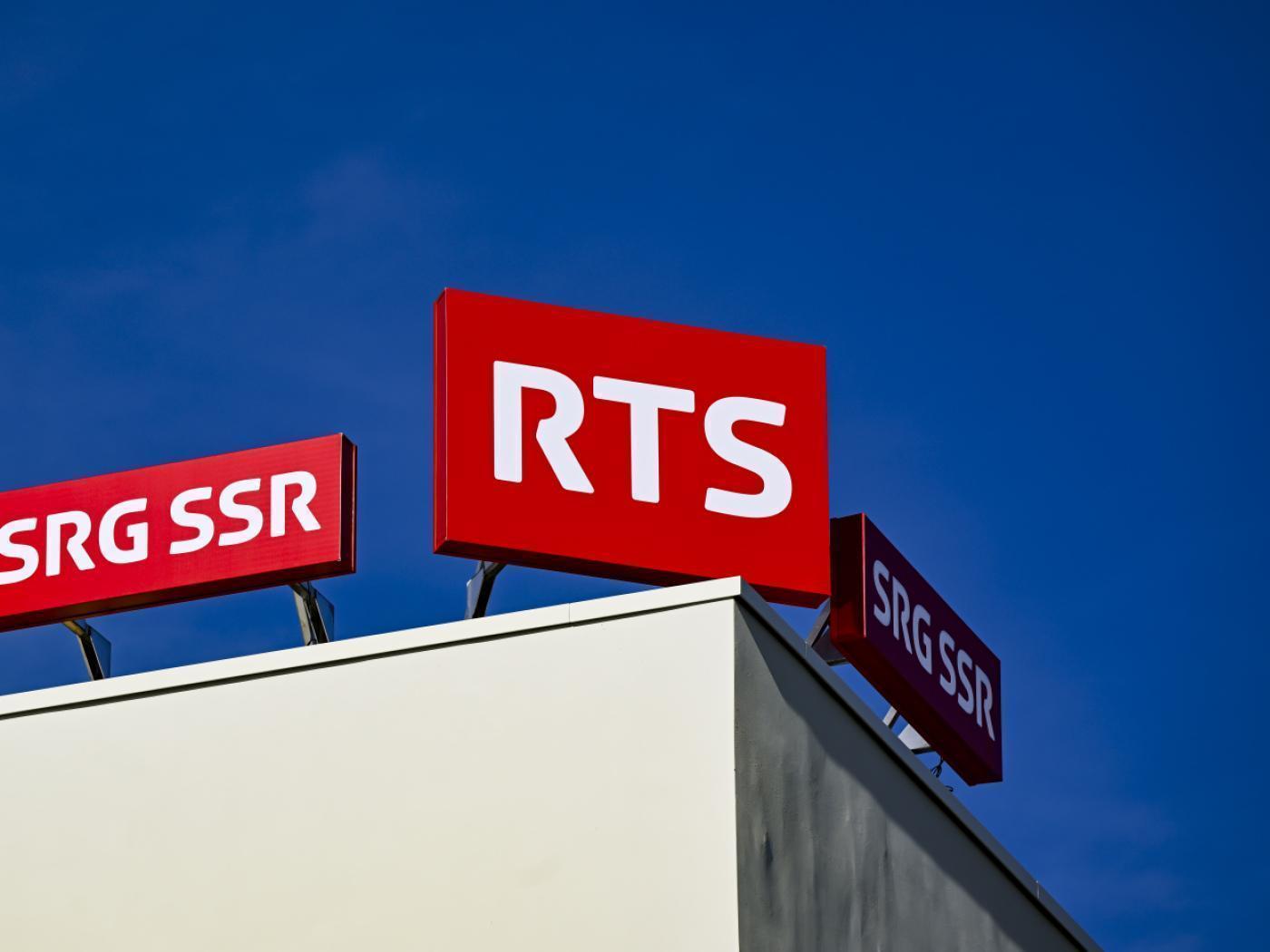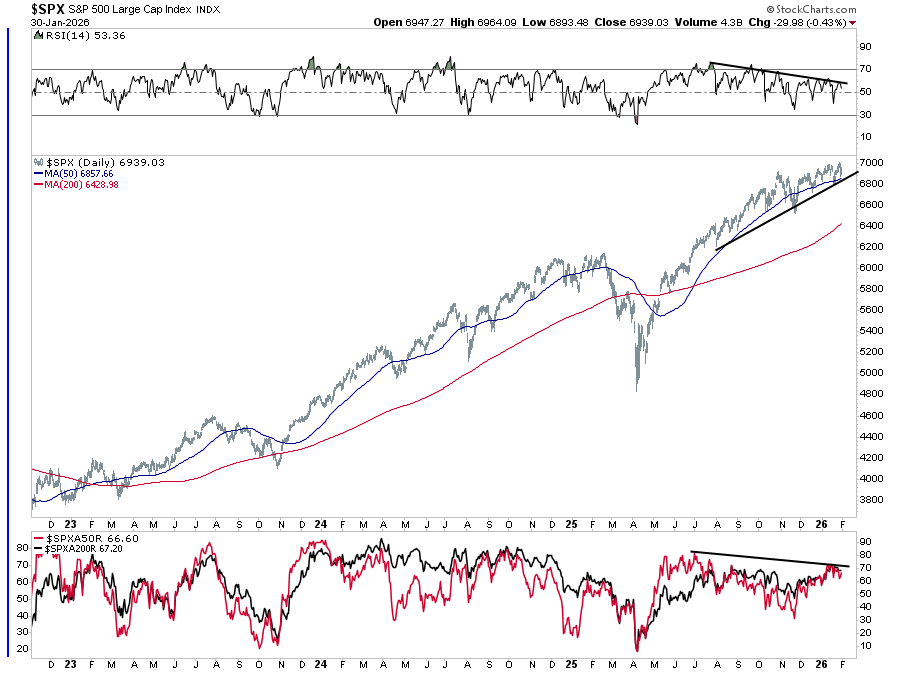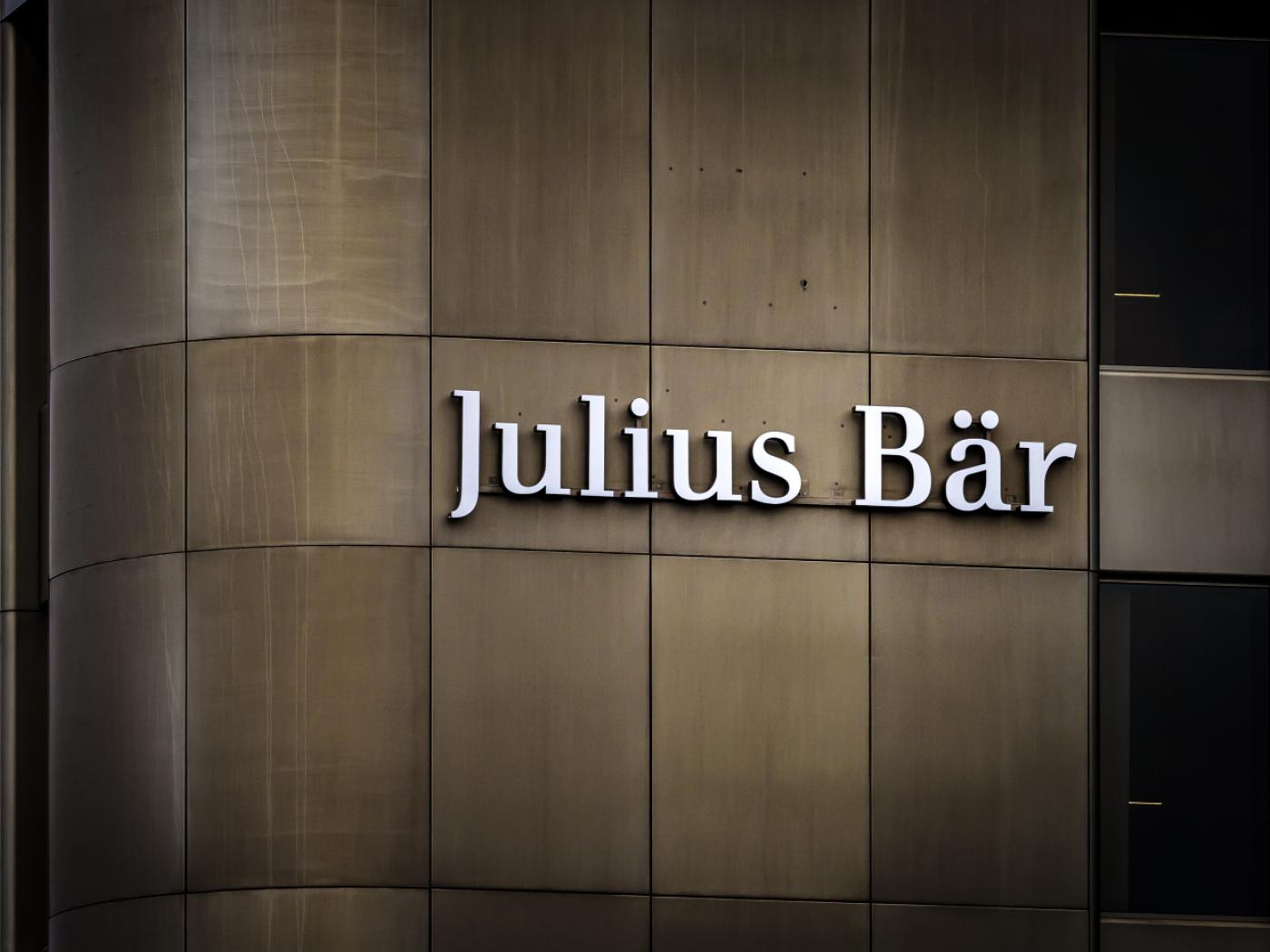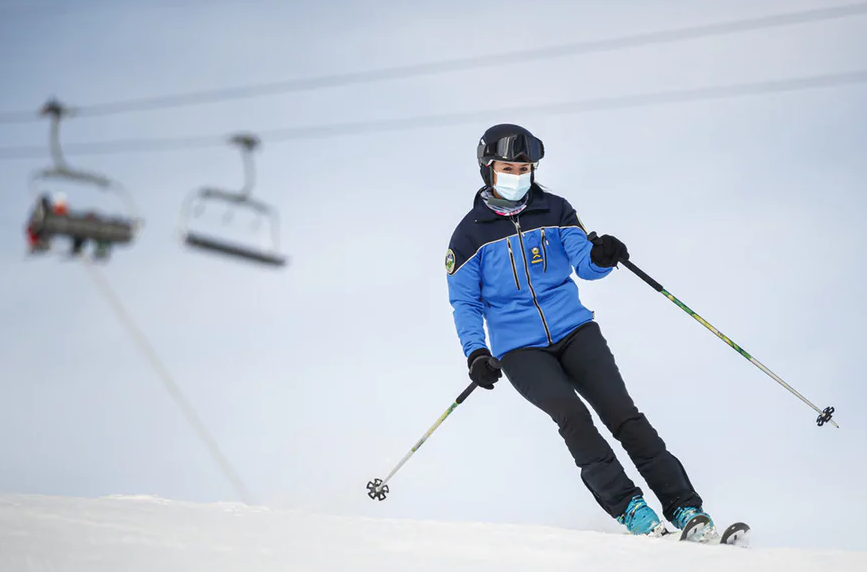
A police officer in the Swiss resort of Villars-sur-Ollon checks whether Covid-19 measures are being observed. Keystone / Valentin Flauraud
Gérard Brudi, who rents two apartments to winter workers in the popular French ski resort of Val Thorens, has not had a single booking this year.
Despite snow falling and sunny weather, the ski lifts are closed. The travel reps that would normally host guests have little more to do than check empty chalets for freezing pipes.
Val Thorens can host about 50,000 visitors a week at peak but there are currently just a few thousand scattered weekend guests.
“We are absolutely, as we French say, in incertitude,” said Mr Brudi. “People don’t rent flats or hotels at a high price just for sniffing the good fresh air. If I cannot ski, I am not interested.”
The European Alps make up more than a third of the world’s 2,084 ski resorts, according to data from industry analyst, Laurent Vanat. Its ski season typically produces €28bn (CHF30bn) in revenues, also about a third of the global total and almost 7% of the overall value of the EU’s tourism market.
But this season will generate nothing close to that. After Covid-19 cut short the busy Easter period during its initial spread through Europe in March — leaving operators and airlines scrambling to repatriate holidaymakers — a third wave looks set to wipe out bookings over Christmas and New Year.
Many resorts across Austria and Italy are closed, while France has said all ski lifts will be shut until January 7. Switzerland has cautiously opened but is under pressure from its European neighbours to close again and with quarantine restrictions in place, international travel is all but banned.
With the average price of a ski holiday from the UK to the Alps costing around £1,200, (CHF1,415) consumers are wary of committing as infection rates creep up across the continent and authorities change restrictions.
Season ‘on a knife edge’
Crystal Ski Holidays, the biggest company in the industry, said bookings were “well over” 50% down on last year’s levels. The operator usually sends about 170,000 tourists to the Alps each season but has halved its capacity from January onwards and cut the number of resorts it feeds by more than a fifth.
Its nearest rival, Hotelplan, which is less than half Crystal Ski’s size, cancelled all bookings for December and January, as well as its annual Santa programme to Lapland.
“The rest of the season is on a knife edge”, said Joe Ponte who became chief executive of Hotelplan in October. “As an operator we just have to understand the myriad different circumstances and communicate that to customers.”
Owen Chapman, head of member services at Ski Club of Great Britain (SCGB), a tour operator and the UK’s oldest snow sports association, said bookings were 70% below last year. Because hotels were contracted and costs committed in advance, the company has had to cancel holidays six to ten weeks ahead or face steep losses.
The closures and cancellations have left the ski holiday sector facing significant losses.
Crystal Ski is owned by the travel group, Tui, which this month reported a record annual loss of €3.2bn.
Crystal Ski and Hotelplan both said they had negotiated costs and capacity reductions with hoteliers to minimise the financial damage.
But having lost a quarter of last season’s revenues after the onset of coronavirus, several smaller operators have already gone bankrupt. The 23-year-old UK-based chalet expert, Alpine Elements, was the latest to collapse into administration this month.
Chris Hamblin, managing director of The Boutique Chalet Company, said that with 14 properties to let and next to no bookings, he was unsure how his company would adapt to the changing restrictions. “It’s so difficult to forward forecast at the moment.”
Few flights and no parties
If international skiers do decide to thwart government advice and travel, costs are high and connections few. EasyJet, the biggest carrier to Geneva, the Alps gateway airport, has cut more than three-quarters of its flights there for January. The few insurance companies willing to cover holidays against official guidance do not insure against catching Covid-19, although some will cover cancellation or curtailment as a result of the pandemic.
“It’s very difficult to find that cover so you either take the risk and go without or pay a lot but not get the full cover,” said Mr Chapman of SCGB.
Skiers must also be aware that the experience will not be the same as previous years.
“We need to be very honest with customers that they can’t expect Austrian après or the Folie Douce [a well-known bar] in Val d’Isère to be what it used to be,” said Chris Logan, managing director of Crystal Ski.
The Austrian resort of Ischgl — known as the “Ibiza of the Alps” — became one of the ten highest-risk areas for coronavirus in the spring, raising fears of a similar scenario this season.
“Ischgl was an après party town, which they won’t be selling themselves on this year,” added Mr Logan.
The European snow-sport industry is also facing challenges from Brexit. As well as British holidaymakers losing access to the European Health Insurance Card scheme, UK companies send about 25,000 seasonal workers to the Alps on UK contracts each year. From January, staff must be employed by companies on local contracts with the knock-on requirement that employees and businesses will have to pay social security contributions and abide by stricter working conditions, pushing up the cost of labour.
Most operators said they would hire locally rather than fly workers out, while others have cut down their chalet operations staffed by UK hosts, which British skiers have traditionally favoured.
Hopes rise for 2021
There are some green shoots for ski resorts. Demand for the summer season surged as city dwellers made a rush to the mountains to escape lockdown tedium. Hotelplan said walking trips had increased from 25-55% of overall booking volumes with its adventure Explore brand in 2021.
Accommodation bookings for the whole season — allowing remote workers to do their jobs from resorts if they can and ski on the side — have also boomed as has interest in alternatives to skiing. Sales of ski kit are at historic lows but retailers have noted more demand for cross country ski touring boots and bindings, while hotels in the French Alps, where lifts are closed, are marketing snowball fights, snowshoe walks, and at one a “pure altitude” massage.
For now, most operators are holding on to hopes of a bumper 2021-22 season and have opened bookings early.
“We already have several thousand booked for next season when typically we only have several hundred,” Mr Logan said, although many reservations had been pushed forward from this season.
Xavier Schouller, managing director of Peak Retreats, another ski tour operator, noted that customers were using this year’s unspent holiday budget and trading up: “We have seen quite a lot more demand for upmarket accommodation than we would normally see.”
He added that he was not “totally disappointed” that resorts had been forced to close: “Better to have the second part [of the season] than have a small bite at it, and lose the rest.”
This article has been updated to clarify that Chris Hamblin, managing director of The Boutique Chalet Company, said he was unsure how his company would adapt to the changing restrictions, rather than whether his company would survive.
Copyright The Financial Times Limited 2020
Full story here Are you the author? Previous post See more for Next postTags: Featured,Lifestyle,newsletter














